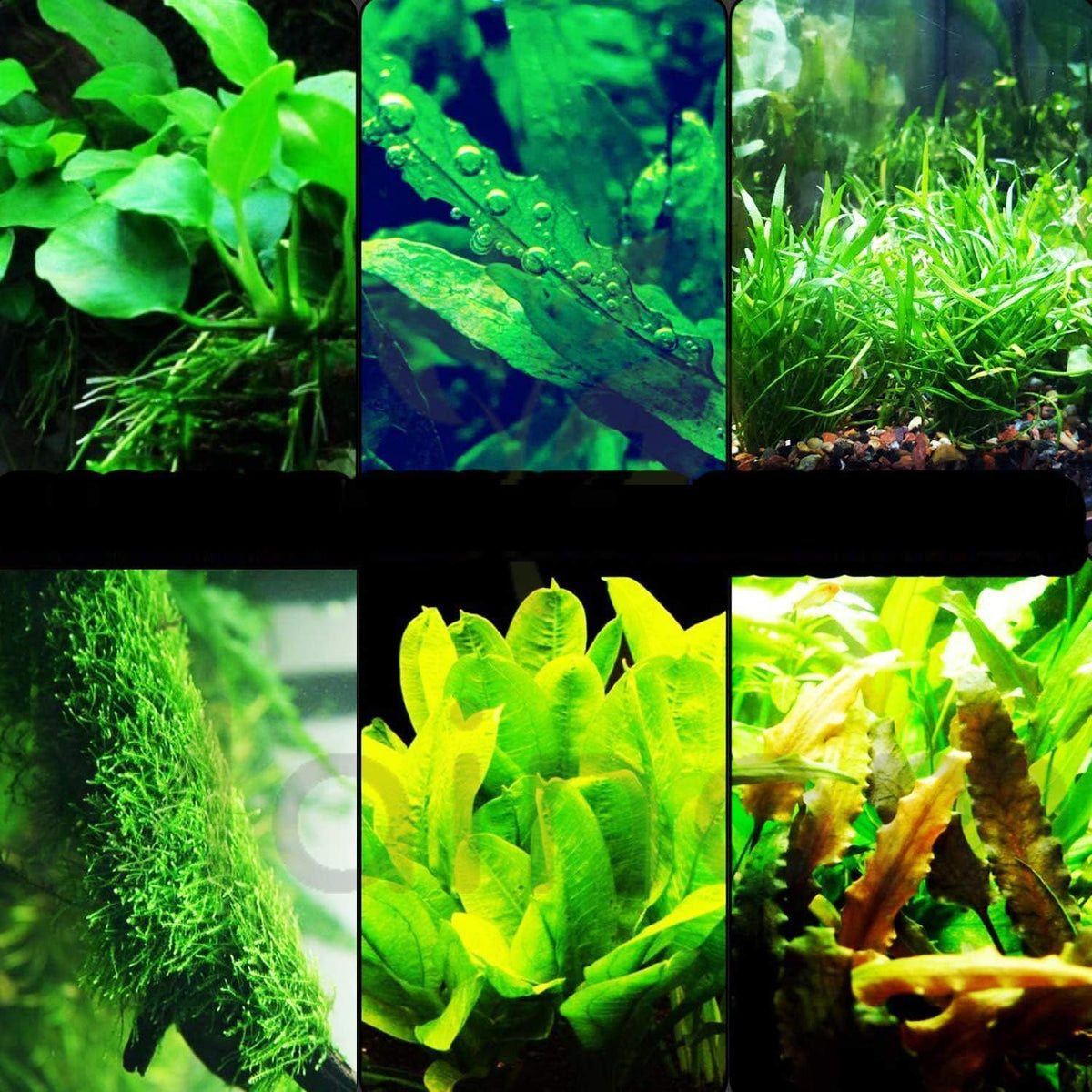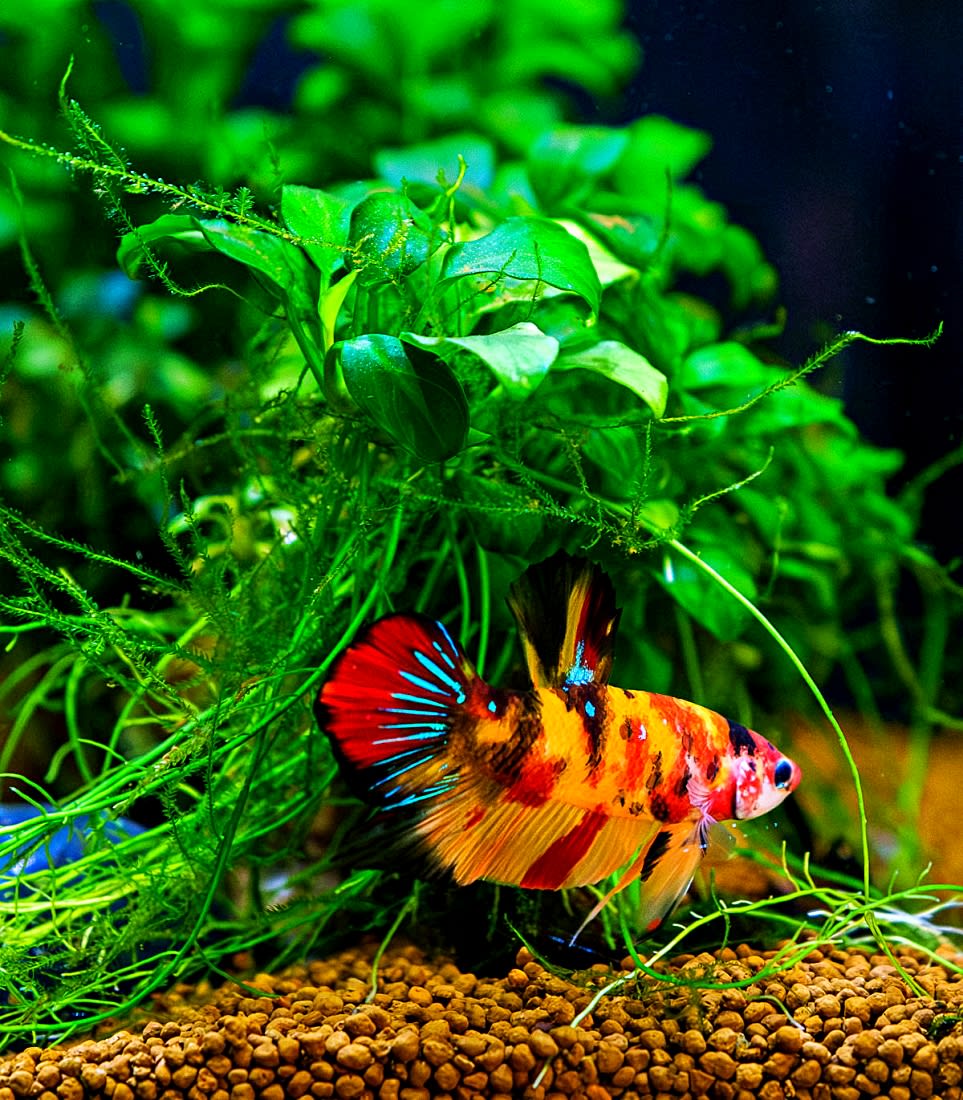Betta fish are an extremely popular pet and a favorite fish amongst aquarists around the world. People in the US and abroad are absolutely enamored by these gorgeous fish with unique personalities, brilliant colors and aesthetically pleasing fins. In many instances, Bettas have an average lifespan of 3+ years in captivity; however, some have been known to live even longer.
If you’re a discerning pet owner who absolutely adores your fish, you want to do everything humanly possible to extend your fish’s life. You want to properly care of your Betta fish so that you can enjoy them for years to come. To extend the Betta lifespan, there are certain things you must be aware of, which will be discussed in this article. Let’s get started.
Understand the facts about their life span. Betta fish are typically sold at the age of 4 months -1 year. Most reputable breeders would never sell a fish before 4 months of age. This is because baby Bettas require specialized care, and most individuals cannot give them that care. However, if you purchase your Betta from a pet store, it will mostly likely be between 6 months – 1 year or older. Therefore, keep this in mind when figuring out how to extend Betta lifespans.
Buy only healthy Betta fish. This may seem obvious, but it is essential to buy only healthy fish. Therefore, before considering purchasing a fish, make sure you check their body color, fins, tail, and eyes very carefully. If your betta has a pale body color, bulging eyes, torn or tattered fins, unusual bumps or scratches, then something is likely very wrong with that fish. Reputable breeders, like the ones at Jazzy Bettas, would never sell diseased fish; however, you may find unhealthy fish at pet stores. Either way, any fish that you purchase should have clear eyes, vibrant color on their bodies and fins, flattened sales, a flattened body that is not bloated, the ability to swim normally and not float to one side or another.
Keep your fish in a suitable aquarium – Ideally, one should keep a fully grownup Betta fish in a tank that is at least 3 gallons, preferably 5 or more. Although Bettas live in shallow waters in the wild, they cannot live their captive lives in a shallow cup. Additionally, Bettas are very aggressive and should rarely, if ever, be kept with another Betta unless you intend to breed them and only then, they should be kept for a short period of time. In some instances, a Betta can be kept with other community fish or invertebrates like Amano or ghost shrimp, mystery snails, kuhli loaches, Cory catfish, ember tetras, African dwarf frogs, etc. However, if you keep your Betta with others, it is best to put them in a 10-gallon tank or bigger. Additionally, your tank water should always be cleaned on a regular basis and filled with de-chlorinated water and Indian almond leaves that have bacterial properties. We typically recommend that you replace 20% of your tank water every week, siphon your gravel every week and then a bigger replacement should be made every two weeks, depending on the size of your tank and how much you feed your fish. Clean tank water will ensure the longevity of your Betta, so a minimum of half of the water needs to be replaced every 3 – 5 days.
Attach a water heater to the tank – A Betta fish cannot live long in too cold water. So, a water heater should be fitted in a water tank to warm the water up to 75 degrees Fahrenheit, as that is the normal temperature in its natural habitat. The heater may not be required in warmer tropical regions during summer, but it is essential in colder regions to maintain the desired warmth of the aquarium water.
Provide the required nutrition – Betta fish are carnivores and love to feed on insects when it lives in the wild. Hence, a healthy Betta fish needs sufficient amounts of protein and fats for long life. They also need a variety of foods. Therefore, you must provide them with premium pellets, flakes, frozen or live bloodworms, etc. Always make sure that your pellets or frozen food contain a large quantity of protein. Homemade fish food can also be provided, but keep in mind that overfeeding your fish can shorten its lifespan and cause it to become ill. Some common symptoms of overfeeding are bloated, lethargic fish that don’t swim straight or seem to be swimming lopsidedly, etc. Our advice is to only feed your Betta fish twice a day and only give them as much food as they can consume within two minutes. With some manufacturers, this may only be 3-4 pellets per feeding, whereas live food may be more.
Add a few plants to the aquarium – Some natural plants, like Java fern, Java moss, and Anubias, Banana plants, and Anacharis, can be added as the decorations of the aquarium. These plants add more oxygen to the tank water, which keeps the Betta fish healthy. Live plants also provide your fish with safe places to hide, which alleviates stress. If you can’t provide live plants, choose silk plants and avoid plastic plants. Additionally, you should also include caves and other safe hiding spots for your fish, but don’t overcrowd your tank, so your fish has room to swim around.
In conclusion, the life span of Betta fish can be extended for a few years by following all the above-mentioned steps. After all, you love your fish, and you want to give them the best possible life, and you most certainly can.






0 comments